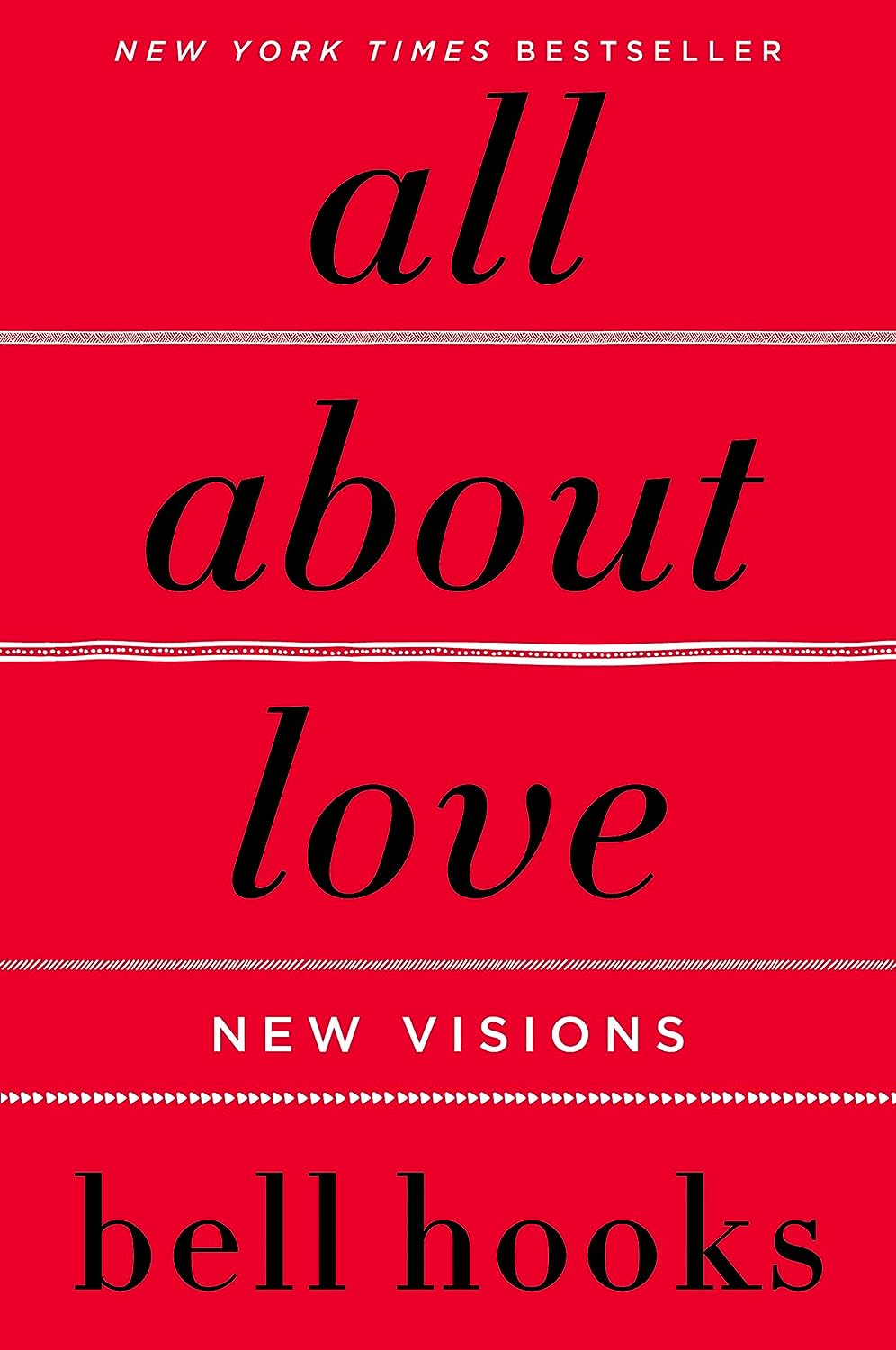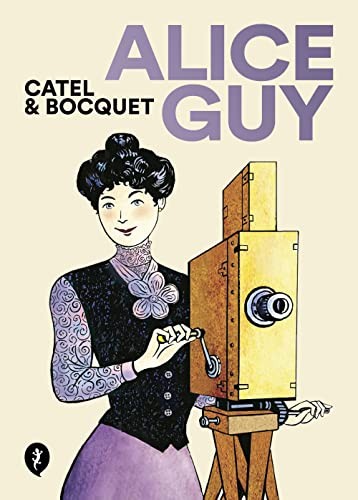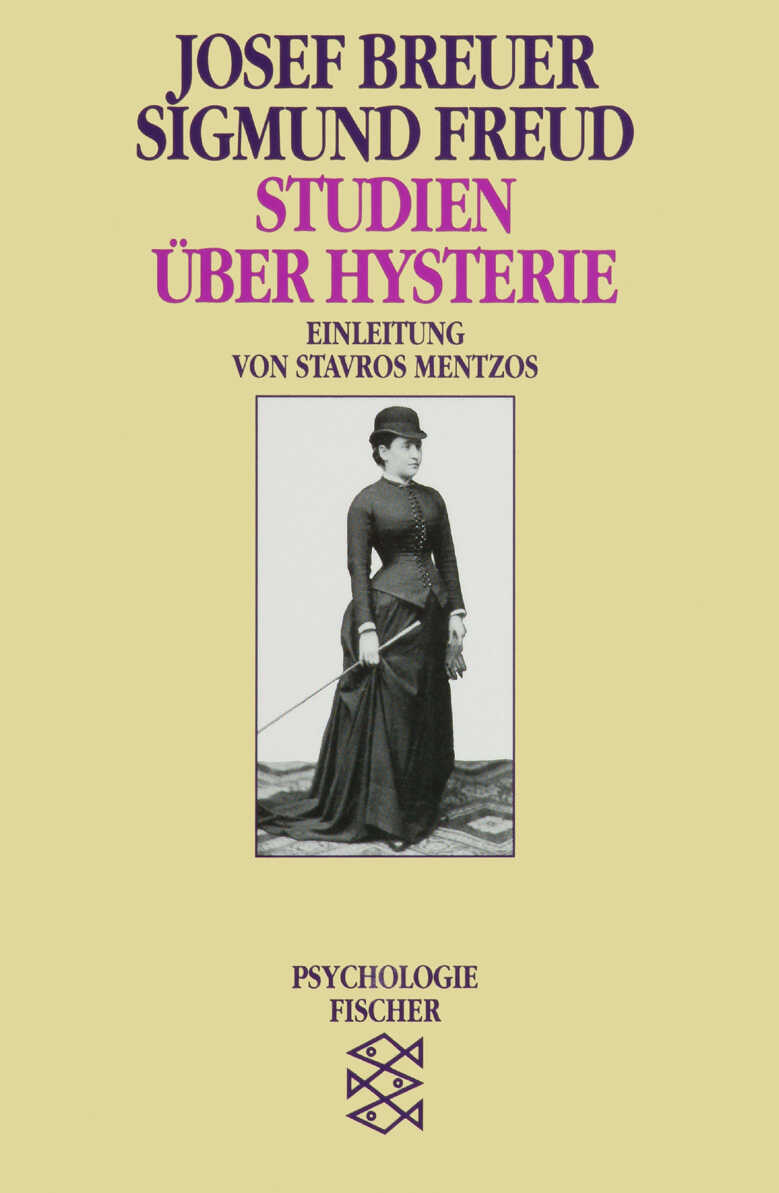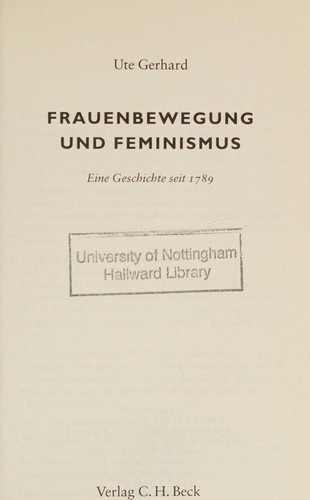All About Love is everything Radikale Zärtlichkeit fails to be. Courageous, risky, introspective. As usual, bell hooks' writing is clear and deep.
User Profile
silly little guy he/it
My languages in order of proficiency: German French English Chinese. The reason I read so much in English is only because most pirated epubs are in English. I have no consistent grading system, the stars are based on vibes, don't read into it. I am not a critic; my "reviews" simply document what it was like for me to read the book in question.
This link opens in a pop-up window
possm's books
Currently Reading (View all 8)
User Activity
RSS feed Back
possm finished reading Le mythe de Sisyphe by Albert Camus

Le mythe de Sisyphe by Albert Camus
The Myth of Sisyphus (French: Le mythe de Sisyphe) is a 1942 philosophical essay by Albert Camus. Influenced by philosophers …
possm started reading Le mythe de Sisyphe by Albert Camus

Le mythe de Sisyphe by Albert Camus
The Myth of Sisyphus (French: Le mythe de Sisyphe) is a 1942 philosophical essay by Albert Camus. Influenced by philosophers …
possm started reading Hass: Von der Macht eines widerständigen Gefühls by Şeyda Kurt
possm finished reading Die Kunst des Liebens. by Erich Fromm (Weltperspektiven -- Band 3)

Erich Fromm: Die Kunst des Liebens. (German language, 1956, Ullstein)
Die Kunst des Liebens. by Erich Fromm (Weltperspektiven -- Band 3)
possm started reading Die Kunst des Liebens. by Erich Fromm (Weltperspektiven -- Band 3)

Erich Fromm: Die Kunst des Liebens. (German language, 1956, Ullstein)
Die Kunst des Liebens. by Erich Fromm (Weltperspektiven -- Band 3)
possm finished reading Queer: Eine deutsche Geschichte vom Kaiserreich bis heute by Benno Gammerl
possm started reading Queer: Eine deutsche Geschichte vom Kaiserreich bis heute by Benno Gammerl
possm reviewed All About Love by bell hooks
I know I'll come back to this book again and again
5 stars
All About Love is everything Radikale Zärtlichkeit fails to be. Courageous, risky, introspective. As usual, bell hooks' writing is clear and deep.
possm reviewed Radikale Zärtlichkeit by Şeyda Kurt
What's radical?
3 stars
For the hype this book has gotten among leftists, it is pretty underwhelming. The best way I can think to describe it is: risk-averse. Too cowardly for hot takes, just the mildest, tamest takes, no deep interaction with other texts, only shallow commenting and paraphrasing (of Marx, Fromm, hooks...), no originality. I did like the autobiographical bits; if those had taken up more space, if Kurt had taken the risk of getting more personal, more introspective, that would have made up for the theoretical shallowness of the text.
possm reviewed Frauenbewegung und Feminismus by Ute Gerhard
possm reviewed Alice im Niemandsland by Miriam Gebhardt
Severe case of libfem
4 stars
The author's liberal views are annoying, but besides that this is a good read. She deconstructs the myth that Alice Schwarzer has built around herself. She is good at contextualizing Schwarzer's views in the broader field of feminist theories. The book also offers a fairly detailed and entertaining history of (esp. German) feminism.
The author's liberal views are annoying, but besides that this is a good read. She deconstructs the myth that Alice Schwarzer has built around herself. She is good at contextualizing Schwarzer's views in the broader field of feminist theories. The book also offers a fairly detailed and entertaining history of (esp. German) feminism.
possm reviewed Häutungen by Verena Stefan
Personal intimate 2d wave feminist literature
3 stars
This book meant a lot to me when I first read it as a young 20-something coming to understand my lived experience through a feminist lens. Rereading it now, it feels less intimately connected to me but remains an interesting piece of 70s feminist literature.
possm finished reading All About Love by bell hooks

All About Love by bell hooks
All About Love offers radical new ways to think about love by showing its interconnectedness in our private and public …









